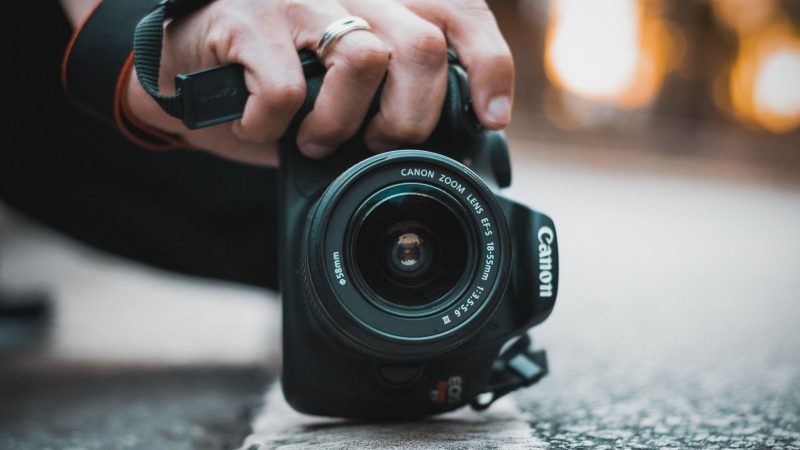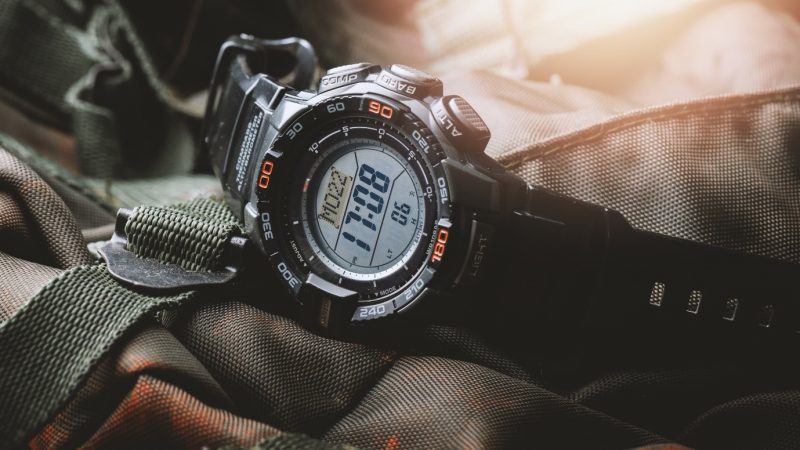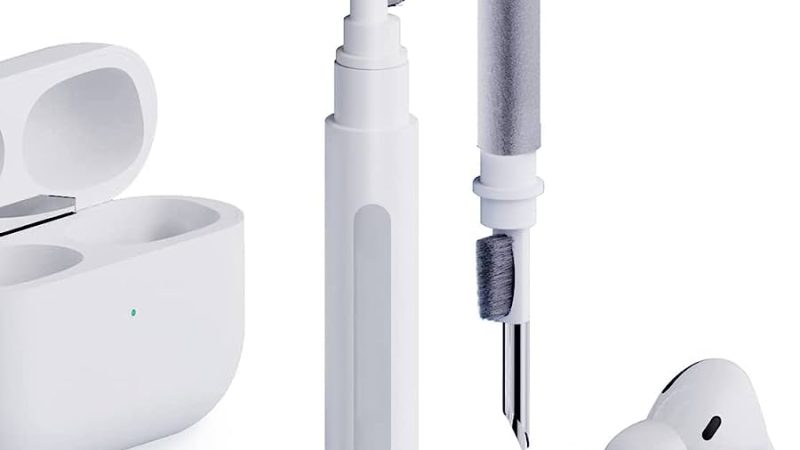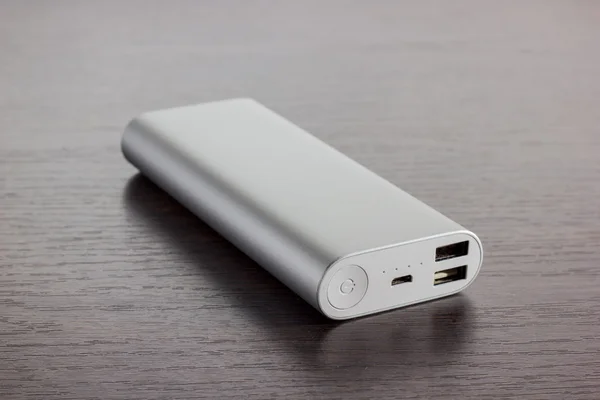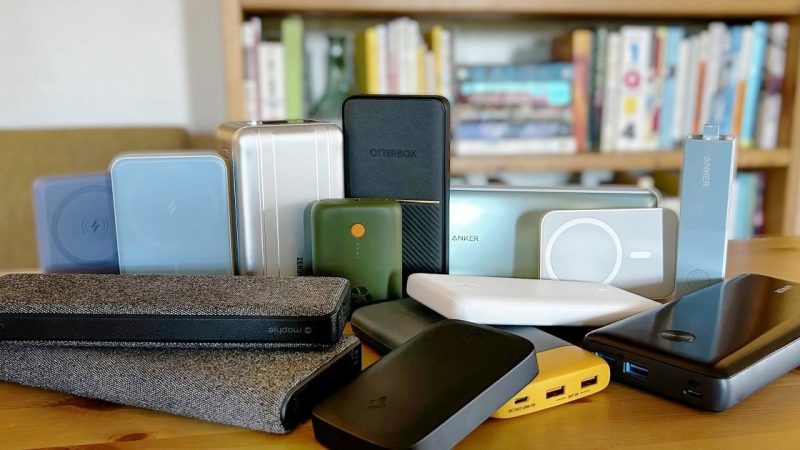What are the pros and cons of body cameras?
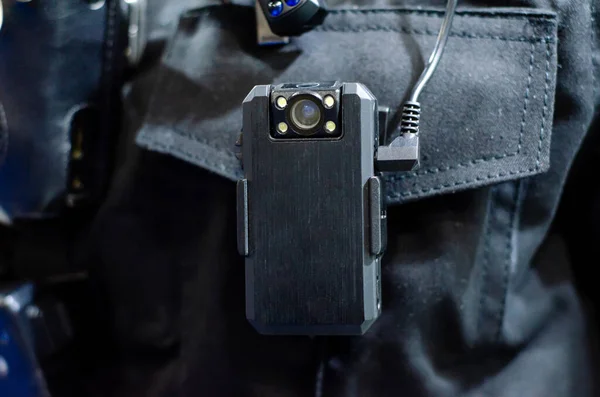
Introduction
Body cameras are becoming increasingly common among law enforcement officials and public service personnel, allowing them to record their activities for evidence and review.
While the use of body cameras can be beneficial in certain situations, there are also potential drawbacks that should be considered before making the decision to implement such technology.
Pro
Footage can be used as evidence
Body camera footage can be used as evidence in criminal cases, helping to establish a clear timeline of events and ensuring that any interactions between law enforcement personnel and civilians are recorded. This can help provide a fairer trial for both parties involved.
Hold officers accountable
Body cameras hold officers accountable – Body cameras have been shown to reduce the number of complaints against law enforcement personnel.
The presence of a camera can offer assurance to citizens that they are being treated fairly and with respect, and it can also help ensure that officers use appropriate force in the line of duty.
Violence prevention
One of the main advantages of using body cameras is that it can help prevent violence. Studies have shown that officers who wear body cameras are less likely to be involved in physical altercations with civilians, since they know their actions are being recorded.
Police Training
Another benefit of body cameras is that it can be used to improve police training. The footage captured can be used as an educational tool so that officers are better able to assess their own performance and make improvements.
Finally, the use of body cameras in public service roles could also help protect personnel from false accusations or claims of misconduct. By having a record of the incident, officers can provide evidence of their actions.
Cons
Restricted privacy
An important concern about body cameras is privacy. While the footage may be used as evidence in court, it can also be accessed by the public.
This could lead to uncomfortable or embarrassing situations for those recorded, and could potentially violate their right to privacy.
Video quality
The quality of body camera footage may not always be high enough to capture the full extent of an event. The cameras are usually attached to a person’s clothing, and can easily move out of focus or fail to capture important details. This could lead to crucial evidence being missed if it isn’t captured properly.
Costs
Body cameras are not cheap, and their maintenance and storage require additional resources. For some police departments and other public service providers this technology may be too expensive to implement.
When deciding whether or not to use body cameras, it is important to weigh the pros and cons carefully.
While there are many advantages associated with body cameras, there are also potential ethical concerns that must be taken into account. Ultimately, it is up to the individual organization to decide if this technology is right for them.
Summary
Body cameras are becoming an increasingly common piece of equipment for law enforcement personnel and other public service providers.
There are both advantages and disadvantages to using these devices, which must be carefully considered before implementing them. On the one hand, body cameras can help hold officers accountable and provide evidence in criminal cases.
On the other hand, they can potentially infringe on people’s privacy and the video quality may not always be sufficient. Ultimately, it is up to the individual organization to decide if body cameras are right for them.


